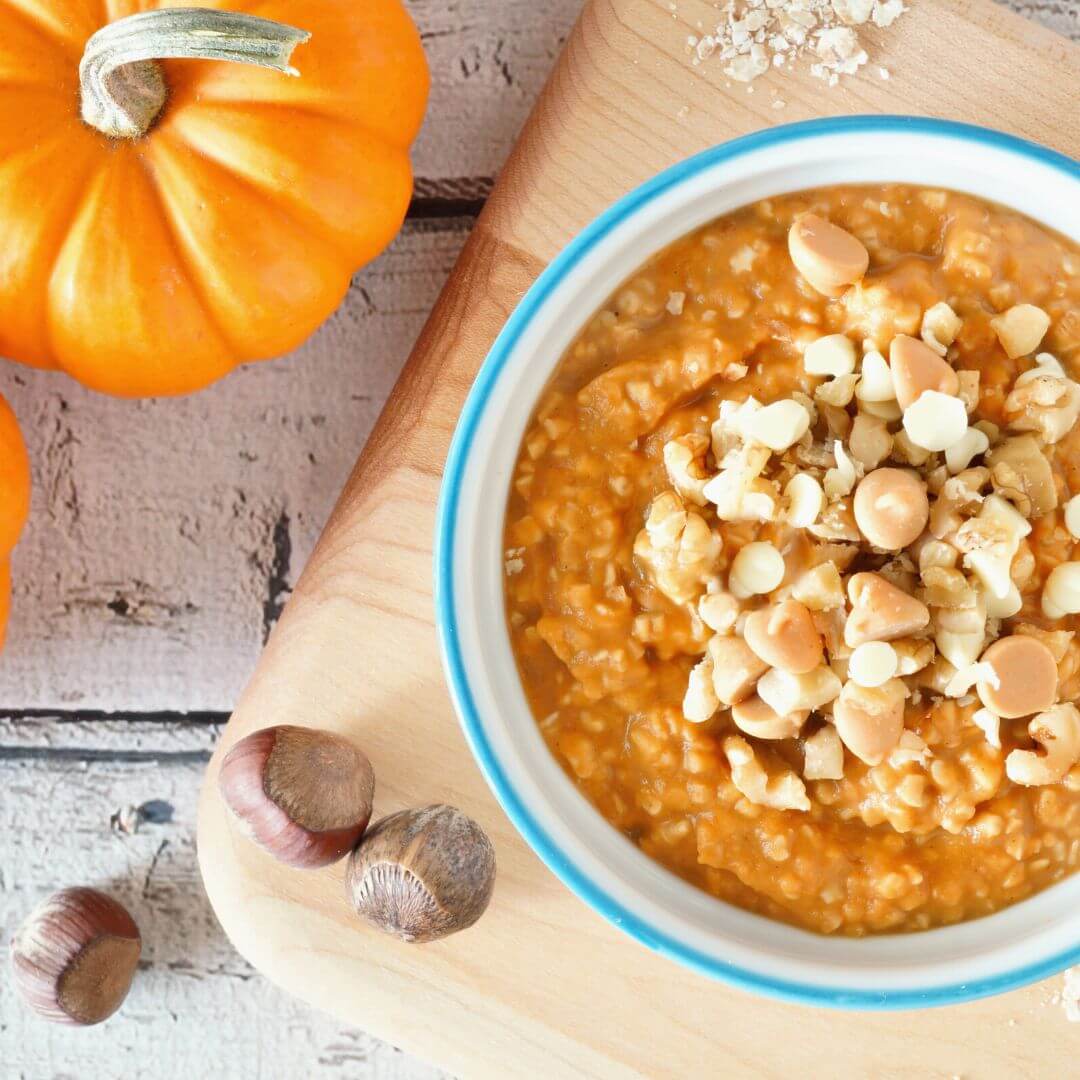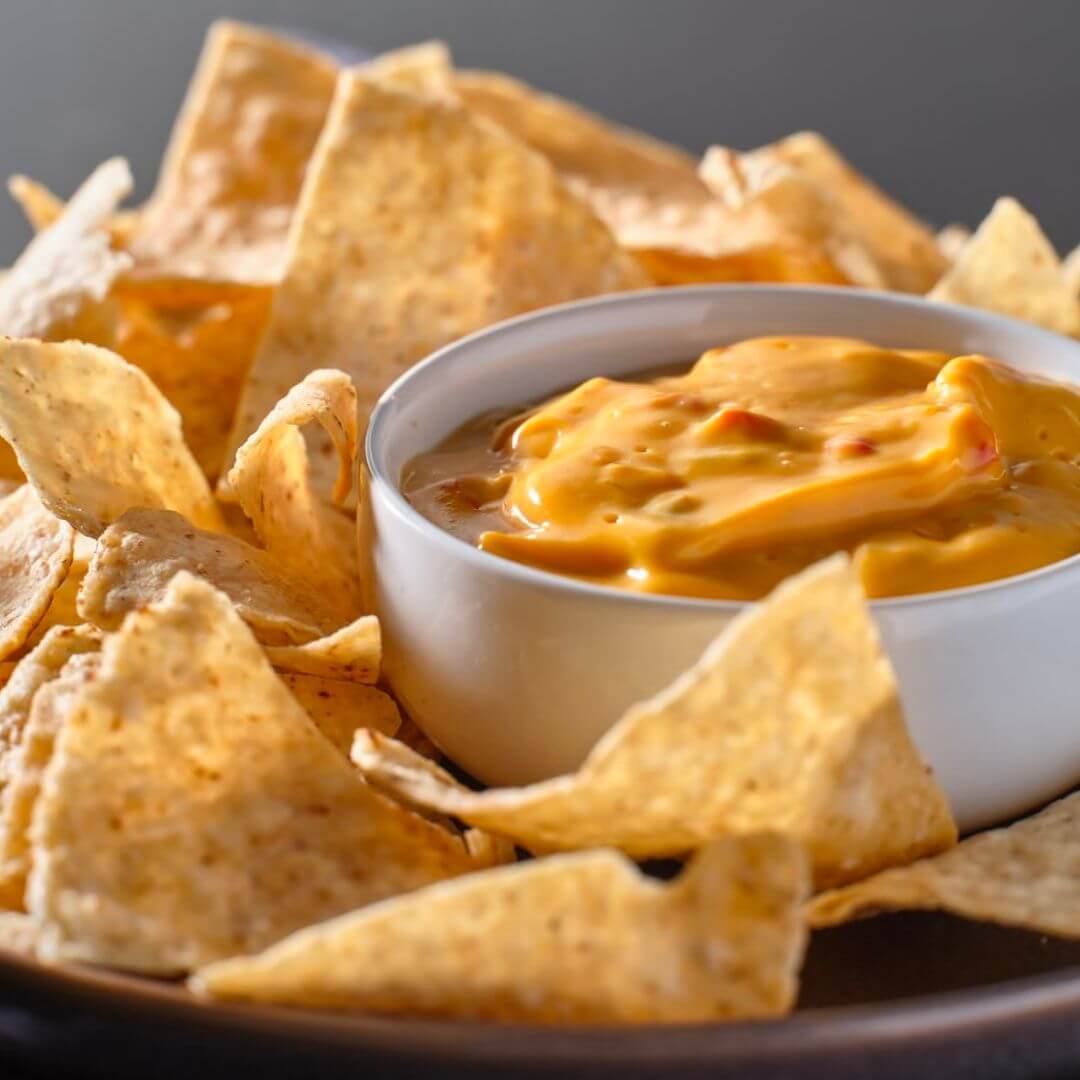This website uses cookies so that we can provide you with the best user experience possible. Cookie information is stored in your browser and performs functions such as recognising you when you return to our website and helping our team to understand which sections of the website you find most interesting and useful.
mindset
podcast
plant-based tips
meal prepping
meal planning
listen now
Plant-based inspiration and wisdom for your nutrition journey
Plant Centered &
Thriving Podcast
Tune in!
learn more
My motto? Take it step by step. Everyone’s on a different journey, and nutrition never looks exactly the same for any two people. To build sustainable, healthful eating habits, I believe in a personalised approach that gets to the root of your unique needs and goals.
Your Registered Dietitian Nutritionist & plant-based eating advocate
hey! I'm Ashley Kitchens
We love debunking myths here at Plant Centered Nutrition – especially those revolving around food and nutrition. And what is a more perfect way to go about this than to react to a recent article by The New York Times called “10 Nutrition Myths Experts Wish Would Die.”
We go through these myths and comment on whether or not we wish they would “die.”
The article was published on January 19, 2023, and – spoiler alert – we agree with most of them, but not ALL of them. One we actually strongly disagree with. So, first, let’s look at the myths and then we will share our opinions on them from a nutritionist/dietitian perspective. A few of the professionals interviewed for this piece were from the U.S. Department of Agriculture or had some political ties so their opinions are a little bit different than what a dietitian would say, especially a plant-based dietitian.
Myth #1: “Fresh fruits and vegetables are always healthier than canned, frozen or dried varieties.”
We absolutely agree that fresh produce is not necessarily healthier than canned, frozen, or dried alternatives. But healthy is also such a relative and individual term and not really a helpful one, either.
You can still get plenty of nutrients from frozen, canned, and dried fruits and vegetables as you do from fresh produce. It’s such a valuable point because here in the U.S., we don’t eat enough fruits and vegetables. So whatever method is going to get somebody to eat their fruits and vegetables, that’s great!
Whether it’s canned, frozen, dried, or fresh, the fact that you’re getting in more fruits and vegetables is really beneficial. Heck, it might even save you some money.
Myth #2: “All fat is bad.”
Fat is one of those things that diet culture and a lot of professionals in the health and wellness industry try to push or label as “bad.” But we know that fat is an important macronutrient and a vital component of having a well-balanced diet.
We’d be happy to get rid of this myth once and for all, too.
Fat is incredibly important for your hormones, cell function, and for absorbing certain nutrients, like vitamin D, a fat-soluble vitamin. We often emphasize focusing on getting fat from plant sources, because when you’re getting fat from animal-based sources, oftentimes it comes with a lot of saturated fat and cholesterol, which we know can be detrimental to our health, especially for our heart health.
Myth #3: “‘Calories in, calories out’ is the most important factor for long-term weight gain.”
Obviously, we do not agree with this statement. This myth can die.
It’s not that we don’t agree with it, we’re not closed systems so this myth can’t apply to humans. Nowadays, research is putting more emphasis on what types of food we’re eating versus just the calories.
Fiber, for example, can play a big role in overall health and weight loss, if desired. But we also talk a lot about eating plant-based foods that are rich in anti-inflammatory properties, micronutrients, water, and polyphenols. The importance here is that quality matters more than quantity.

Myth #4: “People with type 2 diabetes shouldn’t eat fruit.”
Fruit has so many great qualities. It comes with vitamins, minerals and fiber, and yes, it comes with sugar.
We actually do encourage people with type 2 diabetes to eat not just a plant-based diet, but a plant-based diet rich in a variety of fruit and vegetables, which can promote the reversal of type two diabetes. And research continues to highlight the benefits of eating fruit to prevent type 2 diabetes.
We use fruits as a form of medicine, almost as a prescription, not a food that people with type 2 diabetes need to avoid. Therefore, we agree that this myth should die.
Myth #5: “Plant milk is healthier than dairy milk.”
You already might be thinking, is this really a myth? We don’t think it is.
To give you a little background on this myth, the “expert source” they used as a resource for this statement is an American politician who served as the United States Deputy Secretary of Agriculture. And, as you might imagine, there is bias present.
The expert source is basing their decision on the fact that dairy milk has more protein than plant milk does. That’s the trouble when you zoom in and compare any two foods or food groups based on one single nutrient. When you look at certain plant-based milks, yes, some have less protein than cow’s milk. But in the article, they left out soy or pea milk, which are very similar to dairy in their macronutrient profile.
They are also saying that some of the ingredients in plant milk can “contribute to poor health” – without going much into detail. But plant-based milk doesn’t contain any growth hormones or antibiotic residue. Most people in the world can drink some form of plant milk, which can’t be said about cow’s milk. And research has shown that consuming dairy is linked to an increased risk of prostate cancer.
And dairy has added ingredients, too. They are comparing a food that is designed to turn a calf into a full-grown cow to a liquid made from a whole food ingredient, like soy. This myth disappointed me and I strongly disagree with it.
Myth #6: “White potatoes are bad for you.”
Potatoes have many health benefits. They contain vitamin C, potassium, fiber, and other nutrients, especially when you leave the skin on. But for whatever reason, we love to demonize foods. Just because some people think carbs are bad, doesn’t mean that you should avoid them.
Plus, think about all the tasty ways you can eat them – yum! So, yes, we agree that this one is a total myth. Potatoes for the win!
Myth #7: “You should never feed peanut products to your children within their first few years of life.”
This used to be common advice new parents would receive about high-allergen foods like peanuts. For example, you should refrain from feeding your kids common allergenic foods like peanuts or eggs within the first few years of life. But that has completely changed.
Now, allergy experts are actually recommending that parents introduce peanut products to their children early on. It’s important to feed your baby a diverse diet, particularly in their first year of life, to help promote the prevention of food allergies. Again, another myth we agree with.
For more information about nutrition for kids, check out Plant Based Juniors or Vegan Kids Nutrition.
Myth #8: “The protein in plants is incomplete.”
As a plant-based eater, you’ve probably come across this one. A lot of people still think that plant-based proteins are somehow incomplete compared to animal-based proteins. But that’s not true and we agree with this myth.
Thankfully, plant-based foods contain all 20 amino acids, including the nine essential amino acids. You don’t have to protein combine and worry that you’re not getting enough protein on a well-planned, plant-based diet.
And while as a society, we are very focused on protein – what about fiber? That’s where vegans really do shine. Let’s put this myth to bed, once and for all.

Myth #9: “Eating soy-based foods can increase the risk of breast cancer.”
This statement is not only false, but the opposite is actually true. Research is very clear that incorporating soy foods into your diet can actually be very beneficial and protective against breast cancer, even if you’ve already had breast cancer.
Here is one of my favorite evidence-based resources on soy from the Vegetarian Dietetic Practice Group.
Soy foods are also a powerhouse of beneficial nutrients related to reduced heart diseases risk, such as high-quality protein, fiber, vitamins and minerals. So, if you’re not allergic to soy, go ahead and include tofu, tempeh, edamame, and soy milk into your diet.
Myth #10: “Fundamental nutrition advice keeps changing — a lot.”
The first dietary recommendations for preventing obesity, type 2 diabetes, heart disease, and advice about balancing calories and minimizing foods high in saturated fat, salt, and sugar dates back to the 1950s. And the current guidelines really do urge the same.
But when we look at particular foods or food groups, there’s a lot of nuance around them, which can get confusing, especially for the consumer. The foundation of our nutrition guidance is really about the same. It’s these fad diets and polarizing social media messages that really create a lot of buzzes, confusion, and noise around nutrition. This one is also another myth.
Hopefully, you can now see more clearly through the deep forest of nutritional information and myths. So, whenever someone mentions one of these, you’ll know what to say.
Listen to the podcast episode
IF YOU LOVE US, TELL US
If you enjoyed this episode, go ahead and hit SUBSCRIBE. There is a new episode every Monday. Click here to subscribe on iTunes. And if you’re feeling generous, take a few seconds to leave The Plant Centered and Thriving Podcast a review on Apple Podcasts. Hearing what you think helps me to curate the best content possible that will benefit YOU. So all you do is click here to review, click “Ratings and Reviews” and “Write a Review.”
Relevant Links

Leave a Reply Cancel reply
more to explore
more to explore
Get weekly guidance to support your plant-based journey while strengthening your relationship with food, including weekly plant-based recipe ideas, tips, encouragement and so much more.
Join our newsletter
want blog updates?
explore
Founded by registered dietitian Ashley Kitchens, Plant Centered Nutrition shares approachable, evidence-based insights to inspire a balanced, plant-forward lifestyle. Ashley partners with brands, podcasts, and publications to show that healthy eating doesn’t have to be complicated—it just has to feel good and fit your life.
making plant-based eating easy, joyful, and realistic.

























share
click to LEAVE A COMMENT